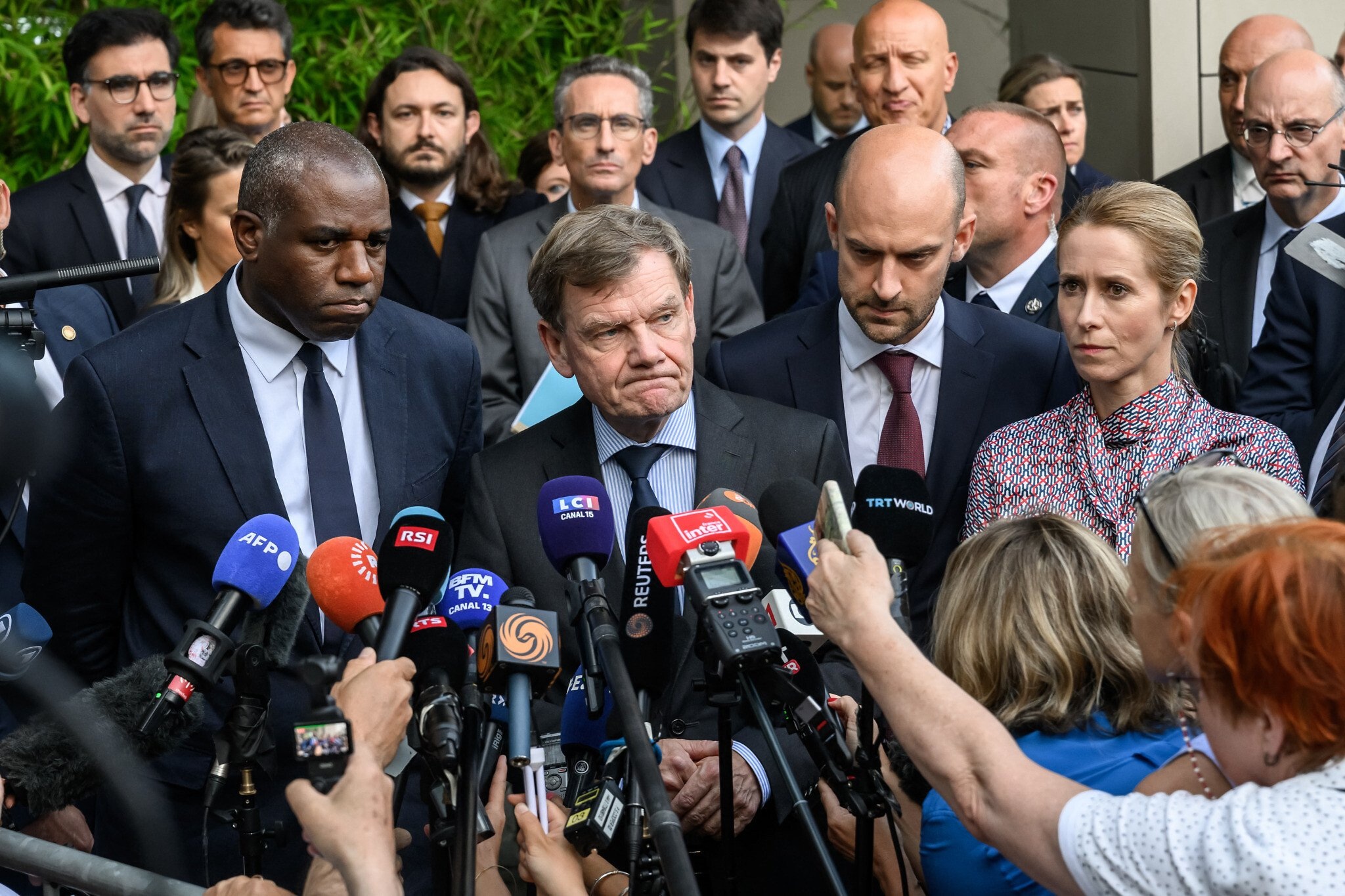Iran has initiated a new round of nuclear talks with European powers – France, Germany, and the United Kingdom – in Istanbul, aiming to revive diplomatic efforts amid escalating regional tensions and looming sanction threats.
These discussions mark the second round of negotiations this year between Iran and the E3 group, following a prior meeting in May also held in Istanbul at the deputy foreign minister level.
The talks come at a delicate moment following a 12-day conflict between Iran and Israel in June, which involved US strikes on Iranian nuclear-related facilities and heightened security concerns across the region.
The main focus of these renewed negotiations is the potential reimposition of United Nations sanctions on Iran, which were initially lifted under the 2015 Joint Comprehensive Plan of Action (JCPOA).
This accord restricted Iran’s nuclear program in exchange for sanction relief. The US withdrew from the JCPOA in 2018, leading to a fractured diplomatic framework.
Now, the European parties involved, the UK, France, and Germany, are pressing Tehran to recommit to the deal’s provisions.
The provisions include cooperation with the International Atomic Energy Agency (IAEA) and limits on uranium enrichment.
Failure to make credible progress could trigger the so-called “snapback” mechanism, reinstating stringent sanctions by the end of August.
European diplomats emphasize that the talks are designed to prevent further deterioration that could lead to dramatic sanctions or direct military confrontation.
The sense of urgency is heightened by the aftermath of recent hostilities and the US bombing of Iranian nuclear sites.
Although Iran expresses willingness to negotiate, Tehran insists that trust must first be rebuilt, particularly with the United States.
Iranian officials accuse the United States of undermining diplomacy by withdrawing from the JCPOA and conducting military strikes.
French Foreign Minister Jean-Noël Barrot highlighted that without a “solid, clear, and verifiable” commitment from Iran, Europe will move forward with sanctions reinstatement by late August at the latest.
Iran’s foreign ministry, meanwhile, argues that the snapback provision is not legally enforceable by the European parties alone, underscoring the complex legal and political challenges embedded in these talks.
Iran’s negotiating team in Istanbul is led at the deputy foreign minister level by Majid Takht-Ravanchi and Kazem Gharibabadi.
These officials represent Tehran’s effort to engage constructively with European powers, although internal divisions within Iran might influence the outcome.
Some moderate voices in Tehran appear open to resuming nuclear diplomacy to avoid harsh sanctions and further military action.
Conversely, hardliners, intensified by recent attacks on Iranian nuclear sites, may prioritize advancing nuclear capabilities as a deterrent or leverage.
The broader geopolitical stakes of this negotiation are substantial.
The E3 nations, along with the US, Russia, China, and the European Union, are all stakeholders in the narrative for a stable Middle East and nuclear nonproliferation.
The 2015 JCPOA represented a significant diplomatic achievement to curb Iran’s nuclear ambitions while providing economic relief.
However, the current stalemate and divergence of interests have complicated efforts to restore that framework or establish a viable alternative.
Experts underscore the challenge Europe faces in balancing pressure on Tehran with efforts to keep diplomacy viable amid prevalent mistrust.
The possibility of snapback sanctions serves as a potent tool but risks escalating tensions further if imposed prematurely.
Some analysts, like Suzanne DiMaggio of the Carnegie Endowment for International Peace, recommend innovative approaches.
These are approaches that might delay sanctions in exchange for Iranian cooperation with nuclear inspectors, potentially opening a pathway back to broader US-Iran negotiations.
In summary, the nuclear talks between Iran and the European E3 in Istanbul represent a critical juncture in international efforts to manage Iran’s nuclear program and avoid further conflict or economic sanctions.
Set against a backdrop of recent regional violence and fractured diplomacy, these negotiations are marked by cautious engagement on both sides, unresolved legal disputes over sanctions, and internal political complexities within Iran.
The outcome will significantly influence regional security and the wider international nonproliferation regime in the months ahead.
This report is based on information from recent credible news sources including Anadolu Agency, ABC News, Reuters, NPR, Newsweek, and expert analyses as of July 2025.







